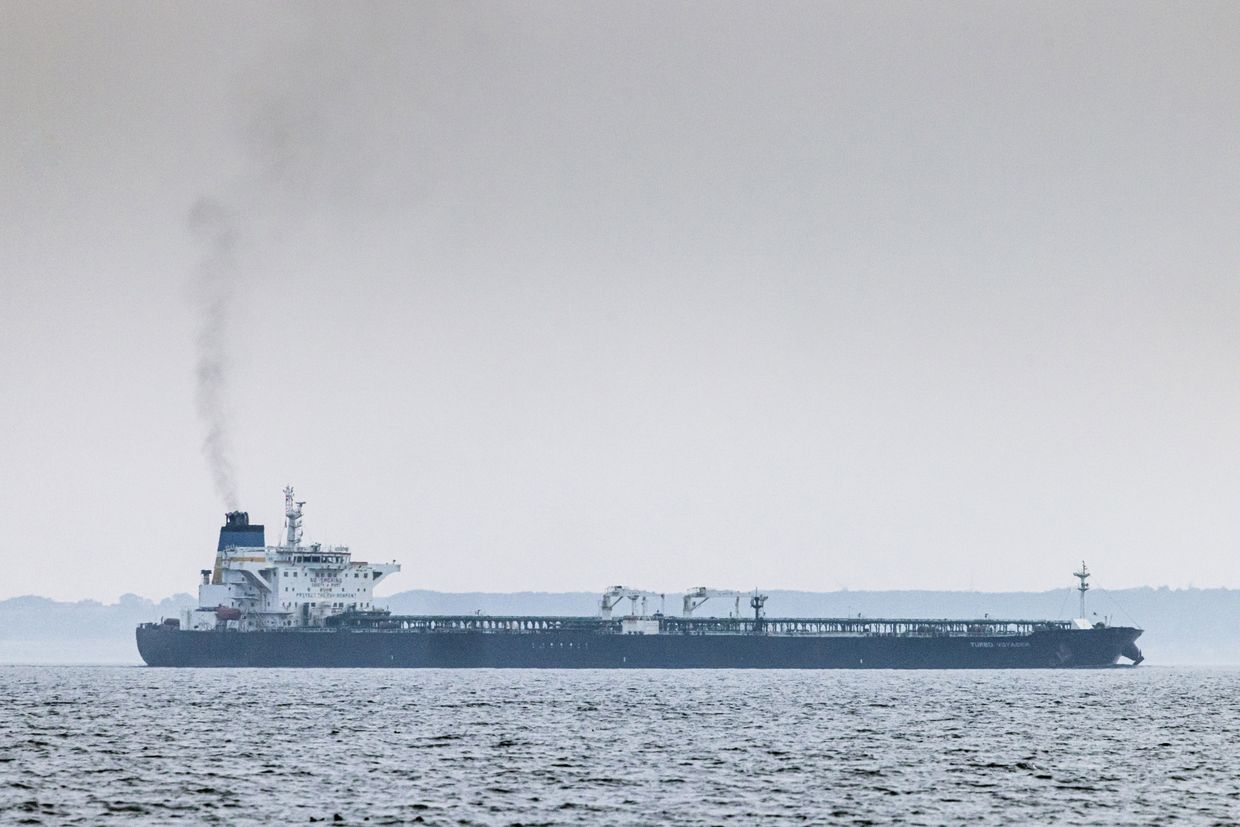German peacekeeping role in Ukraine hinges on Russia's consent, Merz says

Germany may consider joining a peacekeeping mission in Ukraine only with Russia's consent, Friedrich Merz, the opposition CDU/CSU alliance's chancellor candidate, said on Dec. 28, according to Die Zeit.
His comments followed reports that the U.K. and France are discussing sending troops to monitor a ceasefire in Ukraine, with similar proposals allegedly included in U.S. President-elect Donald Trump’s peace plan.
Merz noted that Germany’s participation in peacekeeping operations requires a clear mandate under international law, emphasizing that Russia's agreement is essential.
"If a peace agreement is reached and Ukraine needs security guarantees, we can only discuss this if there is a clear mandate under international law. I don’t see it at the moment. I would like such a mandate to be given in consensus with Russia, not in conflict," Merz said.
Despite his criticism of Chancellor Olaf Scholz for hesitancy in supporting Ukraine—particularly regarding Taurus missiles — Merz’s stance on deploying troops aligns closely with Scholz's cautious approach. On Dec. 4, Merz described discussions about German troop deployment to ensure a ceasefire as "irresponsible."
Scholz has ruled out deploying German troops to Ukraine "at this stage," citing an agreement with Foreign Minister Annalena Baerbock and Defense Minister Boris Pistorius.
Pistorius left the door open for potential future peacekeeping operations, saying, "There are still too many unknowns."
Merz, whose CDU/CSU alliance leads in polls ahead of Germany’s Feb. 23 elections, recently visited Kyiv, pledging a more assertive stance on arming Ukraine.
His comments highlight ongoing debates within Germany about its role in post-war security guarantees for Ukraine.











